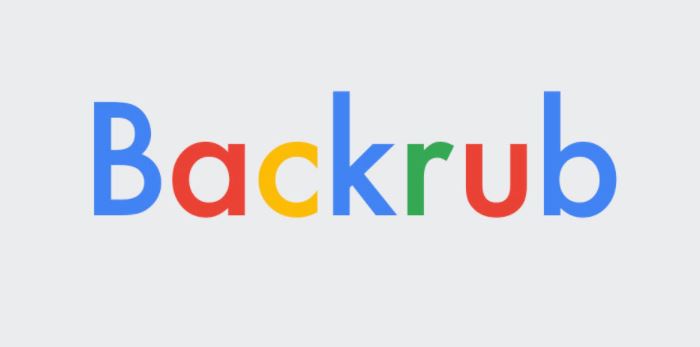×
The Standard e-Paper
Join Thousands Daily
 “A rose by any other name is just as sweet,” wrote William Shakespeare. However, this isn’t true when it comes to naming your business. Your brand name is a small yet very significant part of your business. After all, it is the first thing that customers use to identify your business.
“A rose by any other name is just as sweet,” wrote William Shakespeare. However, this isn’t true when it comes to naming your business. Your brand name is a small yet very significant part of your business. After all, it is the first thing that customers use to identify your business.
Consider this: Would Google be the success it is if it was named BackRub? That was its original name! Would you eat at a restaurant named Passmore Gas? What about looking for tech support from a company known as AnalTech?







